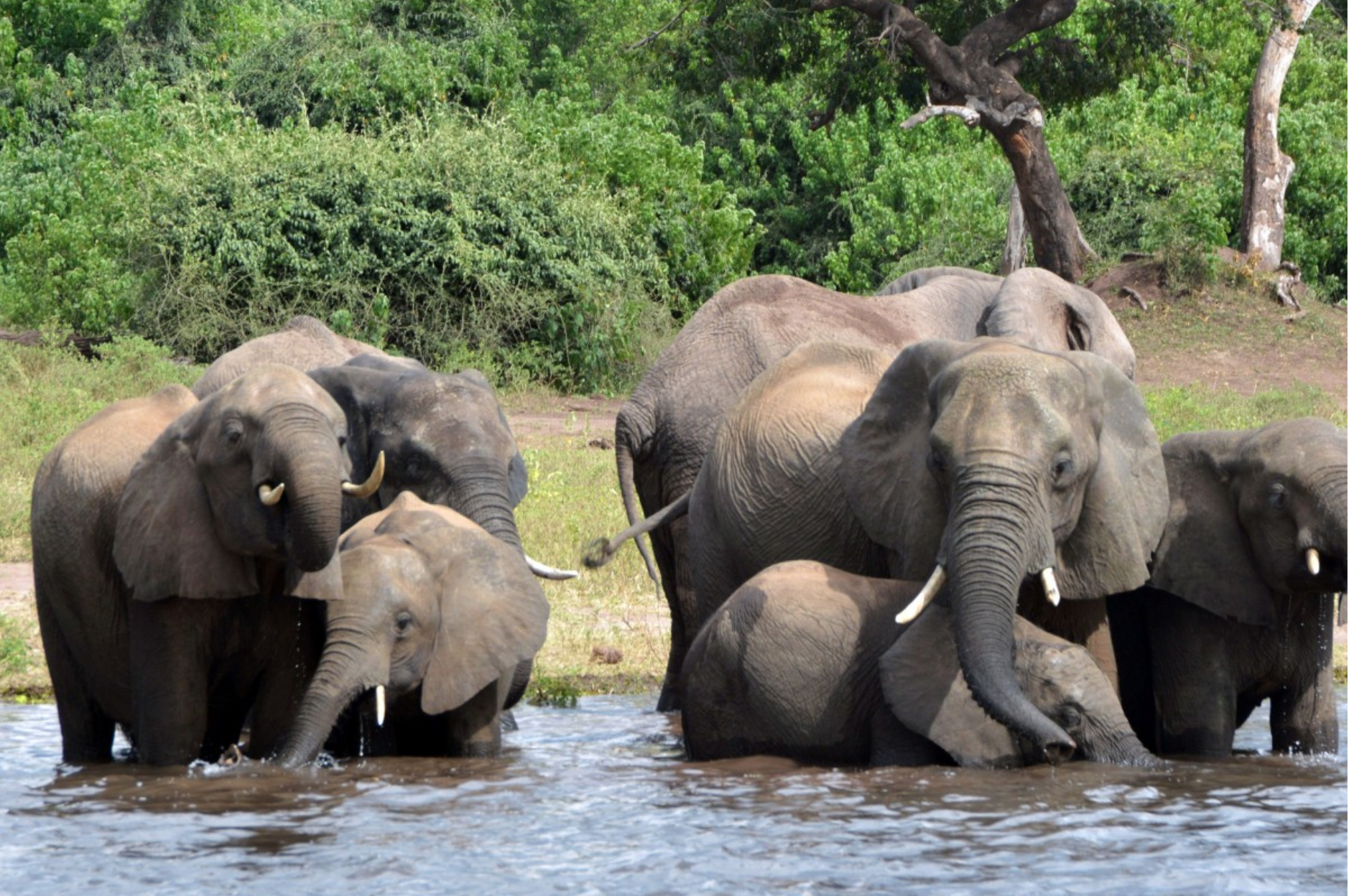By Olivia Capasso || Junior Editor

The current political climate in Southern African countries is centralized around the issue of wildlife encroachment on human habitats, particularly that of elephants in countries such as Zimbabwe, Botswana, and Namibia. The countries argue that elephants have posed such a threat to communities with their sizable population and potential for violence recently that lifts on the ivory trade and hunting ban would not only be beneficial for their economies, but necessary in order to contain the damage caused by the animal. They are collectively appealing to Cites, the global watchdog overseeing the prohibited trade of raw ivory, at their next conference in order to lift the ban. Zimbabwe argues that its stockpile of ivory alone is worth upwards of $300 million, which, if sold, could fund the improvement of conservation habitats and the maintenance of surrounding wildlife. Since the country cannot reasonably contain all of the elephants currently within the conservation boundaries, a habitat for only 55,000 as opposed to the actual 85,000, the elephants are moving elsewhere for resources while invading villages. According to The Guardian, over the past five years alone, there have been over 200 deaths related to elephant attacks due to the animals entering into human territory in search of water; the Southern African countries claim that the issue could be reduced greatly with lifts on both the trade and hunting ban on the elephant.
The issue with these statistics and appeals to lift such bans in Africa is that they do not consider the growing encroachment of humans on wildlife habitats with an increase in population. This understanding places a decent amount of responsibility on the individuals violating these ecosystems in search of resources and land, leaving the massive animal to exist within a minimized range. An elephant does not have the capability to understand the boundary between human and wildlife interaction, for it only processes a lack of resources available and a need to survive. It would instinctively go to all ends in order to sustain its own livelihood and that of its kin, and it would never even take into consideration the potential of an encroachment on another species’ territory in order to do so.
Not only is it crucial to consider the human aspect of this conflict, but also how the reaction of lifting the trade and hunting ban is, as a result, wildly out of line and massively detrimental to the wildlife in Southern Africa. The species is currently ranked in the International Union for Conservation of Nature’s “red list” of particular animals that pose a great risk to extinction in the near future, and knowingly contributing to this decline in population in any way is simply a crime against the natural world. Although the economic benefits to the legalization of the ivory trade in these African countries would be numerous, our first and foremost responsibility as humans is to protect the nature as best we can, especially when extinction is a risk and the fault of its existence is entirely our own.
First-year Olivia Capasso is a Junior Editor. Her email is ocapasso@fandm.edu.